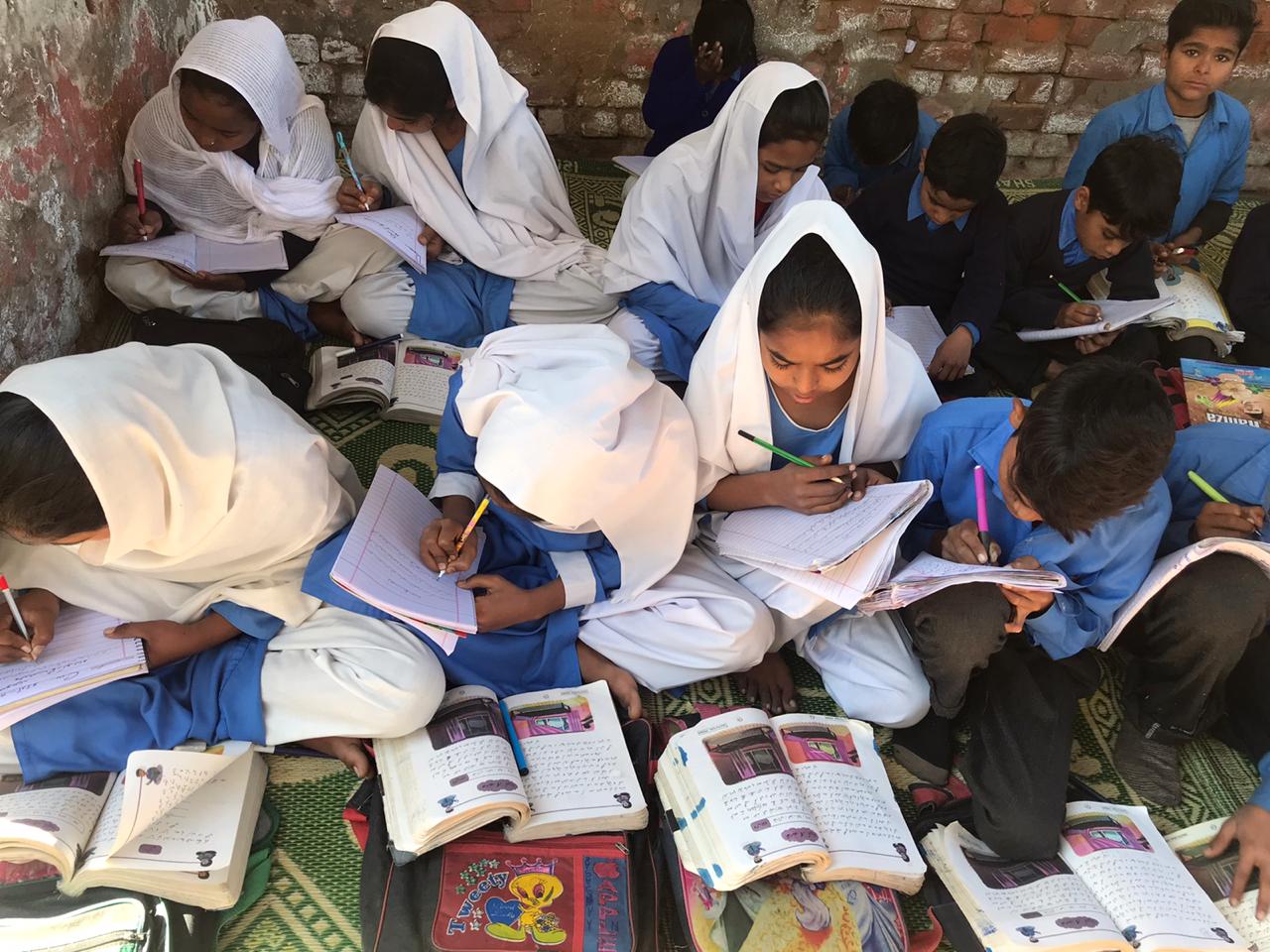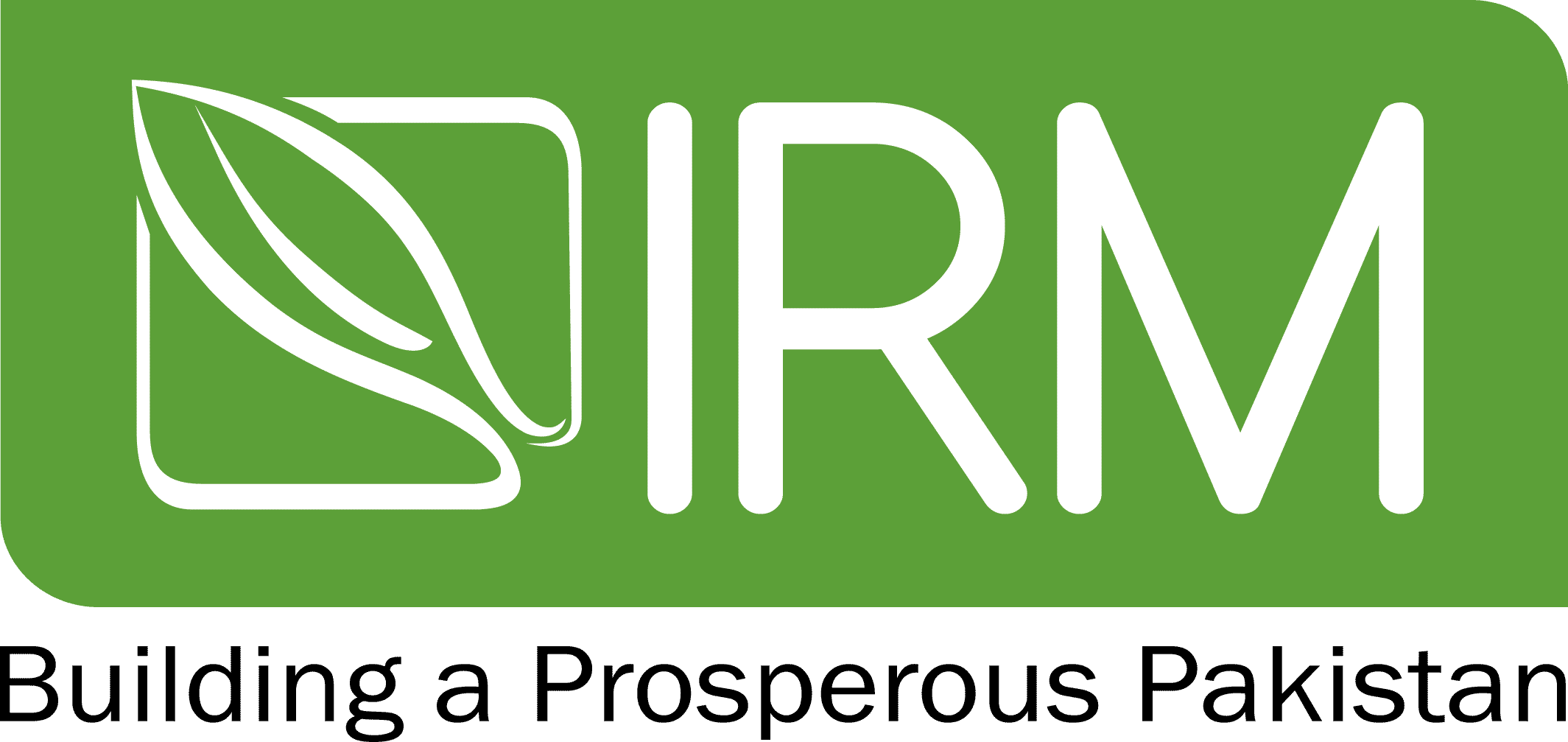Education is the key to social harmony and civilization. Nelson Mandela says, “Education is the most powerful weapon which you can use to change the world”.
Sustainable Development Goal 4 also aims to ensure an education that is inclusive and equitable, promoting lifelong learning for all. However, in Pakistan, one of the most attention-demanding sectors of Pakistan is Education. The Pakistan Social and Living Standards Measurement (PSLM) survey 2019-20 shows that the literacy rate among children has stagnated to 60%, and projects declining trends in literacy rate in the Sindh region. Moreover, UNICEF estimates that 22.8 million children in Pakistan aged between 5-16 years are out-of-school (OOSC), ranking as the world’s second-highest country. This rate is backed by disparities based on gender, socioeconomic factors, and geographic locations. Statistics show that about 52% of children in Sindh who are out-of-school belong to the poorest socio-economic stratum. Key obstacles to education access include gaps in service provision. Socio-cultural barriers, and economic and availability issues also hamper children to acquire quality education or any education at all.

Pakistan is encountering a grave challenge in providing access to education to all children across the country, especially those who belong to marginalized groups. However more recently, the Government of Pakistan has decided to implement the Single National Curriculum nationwide, ensuring equal opportunity to access quality education for all children. The SNC incorporates an updated curriculum, a similar medium of instruction, and a common platform of assessment. Moreover, the SNC was compared with the international learning standards, and the findings were incorporated in the curriculum so as to ensure that our children avail education aligned with the international standards. Furthermore, the curriculum not only includes basic subjects like English, Urdu, Maths, and Science but also focuses on the holistic growth and learning of a child. The SNC is to be implemented by nationwide Boards of Pakistan, including all private and public schools as well as the Madaris.
IRM is playing its part in providing primary education to out-of-school children in the form of IRM SMART Schools. These are designed to capacitate the children enough to form their own track of formal education. Currently, 74 SMART Schools are operational across Pakistan, following the curriculum suggested by the government. However, with the introduction of the newly developed SNC by the Government of Pakistan, IRM is taking steps to adapt and keep its curriculum and mode of teaching aligned with the national guidelines. For this purpose, teacher’s training is being delivered to the teachers in Punjab, after assessing their needs and challenges they are individually facing in adapting to the new curriculum. Innovative strategies are proposed to them that may facilitate to further enhance their English-medium instructing skills as well as covering the new contents; such strategies include Guides that are specifically designed for this purpose. IRM plans to deliver these trainings to the teachers of all IRM SMART Schools, however contemporary hindrance due to the fourth wave of Covid-19 pandemic is the key challenge. Nonetheless, IRM is working with timely effectiveness to fulfill the need to align with SNC, and to play its role in helping Pakistan achieve the Sustainable Development Goals.
Fatima Hasnain
JPO-PDP
IRM






